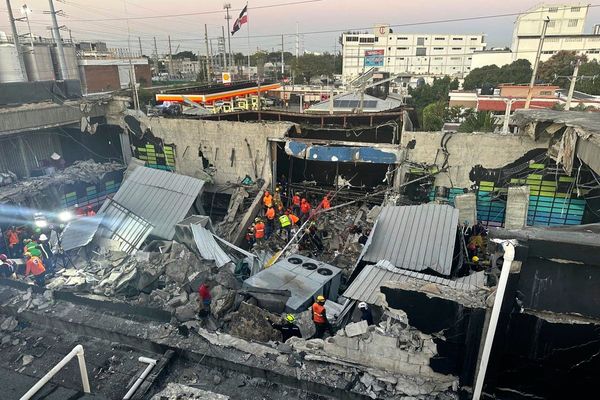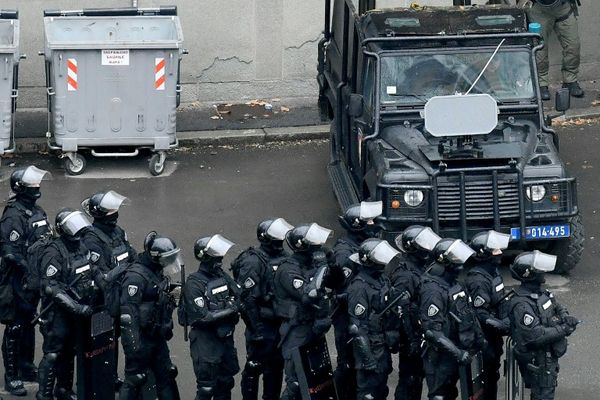
The Group of Seven foreign ministers are convening on the Italian resort island of Capri to discuss pressing global issues, with a focus on the escalating tensions in the Middle East and Russia's ongoing conflict in Ukraine.
Under Italy's leadership, the G7 leaders are expected to issue a unified call for Israel to exercise restraint following Iran's recent unprecedented attack involving drones, ballistic missiles, and cruise missiles aimed at Israel. Italian Foreign Minister Antonio Tajani emphasized the importance of de-escalation and preventing further conflict.
With Israel's conflict in Gaza ongoing, the recent attack by Iran has added urgency to the discussions. German Foreign Minister Annalena Baerbock highlighted the need to prevent further violence and called for new sanctions against Tehran.
Meanwhile, the G7 ministers are also addressing Russia's two-year war in Ukraine, with Ukrainian Foreign Minister Dmytro Kuleba seeking essential military support to bolster Ukraine's defense capabilities against Russian aggression.
Proposals to utilize frozen Russian assets to provide weapons and funds for Ukraine are being discussed by the United States and European countries. The European Union is considering using the interest generated from these assets to support Ukraine's defense efforts.
The Biden administration is exploring options to tap into Russian assets to aid Ukraine, with discussions on seizing assets or using them as collateral. The European Central Bank has cautioned against seizing Russian assets directly to avoid undermining confidence in the euro currency.
In the Middle East, tensions have escalated since the start of the latest Israel-Hamas conflict, with recent attacks pushing the region closer to a wider war. World leaders have condemned Iran's attack on Israel and called for de-escalation and a sustainable ceasefire.
The G7 leaders are committed to preventing further escalation in the region and ensuring the release of hostages taken during the conflict. The ongoing discussions on Capri Island aim to address these critical global challenges and promote peace and stability in the affected regions.







